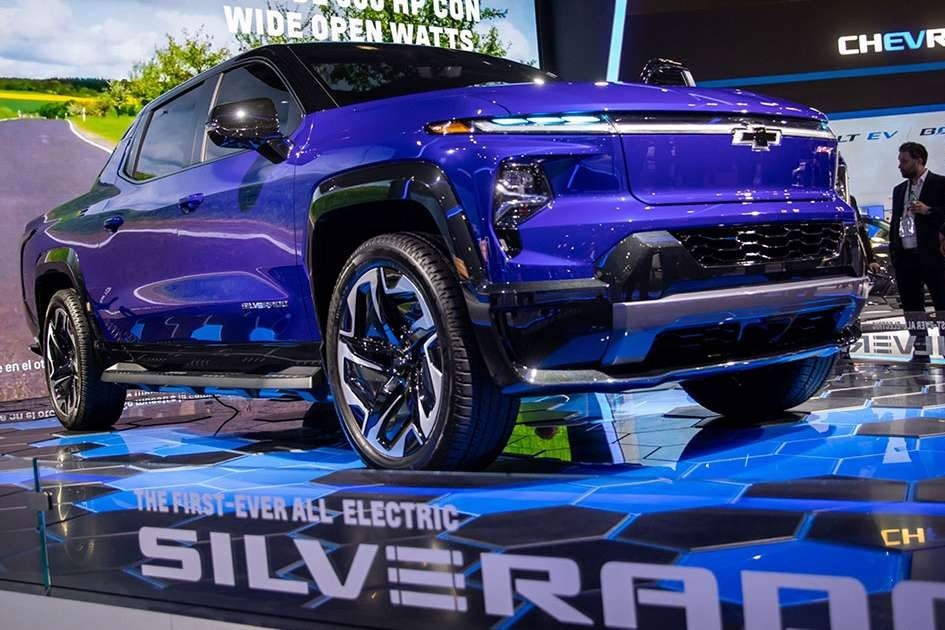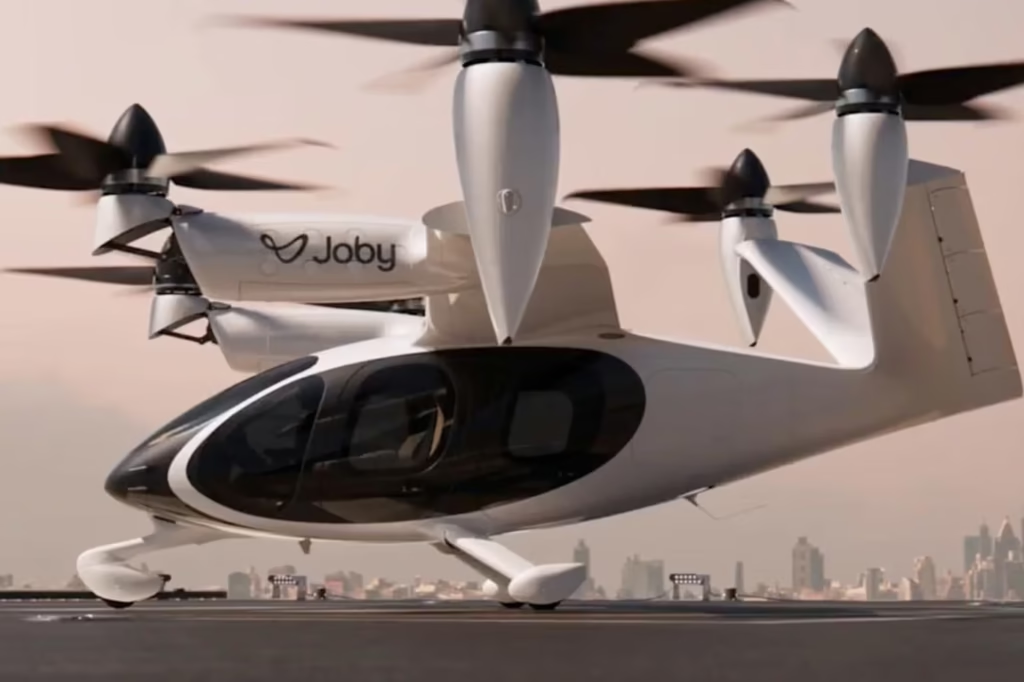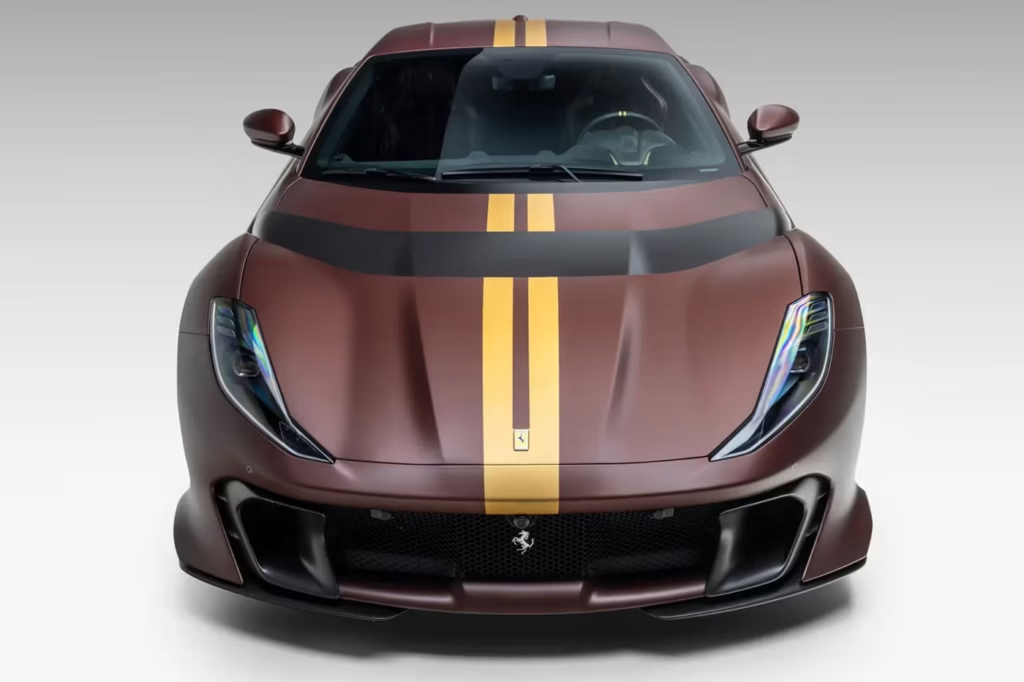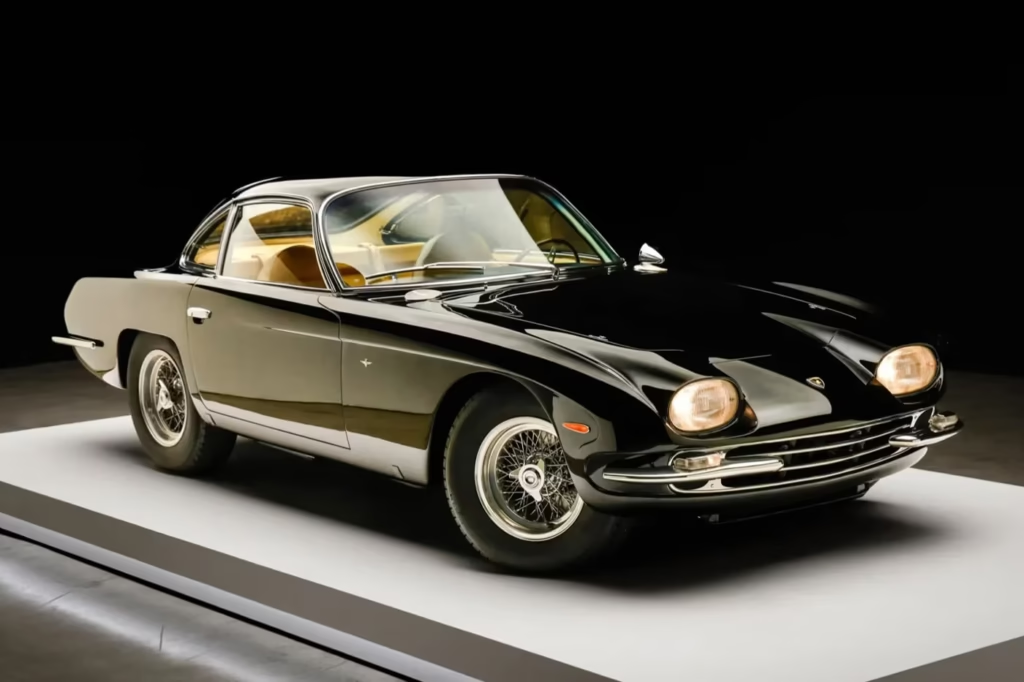General Motors is making headlines with its announcement of a new battery technology that could reshape the electric vehicle market. The company is developing lithium manganese-rich (LMR) prismatic battery cells, which are expected to lower production costs while boosting range and performance for large electric trucks and SUVs.
GM plans to begin using these new batteries in models like the Chevrolet Silverado EV and Cadillac Escalade IQ starting in 2028. By shifting to manganese, which is more abundant and less expensive than materials like cobalt and nickel, GM hopes to deliver more affordable EVs without sacrificing capability or driving range.
Kurt Kelty, GM’s vice president of battery, propulsion and sustainability, called the new battery a “game-changing” solution for electric trucks, noting that it can deliver premium range at a more accessible price point.
How GM’s New Battery Technology Works
The new batteries use a prismatic cell design, which refers to their square, compact shape. While this design has been used in hybrid vehicles for years, GM is adapting it for full-size electric vehicles.
These LMR batteries offer several key advantages. GM expects them to deliver 33 percent higher energy density compared to current lithium iron phosphate (LFP) batteries, resulting in longer driving ranges. The batteries are also expected to reduce vehicle weight by hundreds of pounds and cut the number of internal battery parts by half, making them lighter and more efficient.
The automaker has been developing manganese-rich battery technology since 2015, and its latest advancements are being made in partnership with LG Energy Solution. Production of these LMR prismatic cells is scheduled to begin in the U.S. by 2028, with preproduction starting in late 2027.
Why This Matters for the Future of EVs
GM believes this new battery technology will help address two of the biggest concerns for potential EV buyers—range and cost. The company says these batteries can provide more than 400 miles of range in electric trucks, while also reducing overall battery costs.
Industry experts estimate that these new battery packs could lower costs to around $80 to $90 per kilowatt-hour, compared to $125 or more for current models. This could make larger electric vehicles more accessible to a wider audience.
GM views this innovation as the next major step in its electrification strategy. The company has been investing heavily in EV technology and plans to continue expanding its lineup, while adjusting its timeline based on market demand. By focusing on more affordable and longer-lasting batteries, GM aims to attract more customers and strengthen its position in the competitive EV market.













